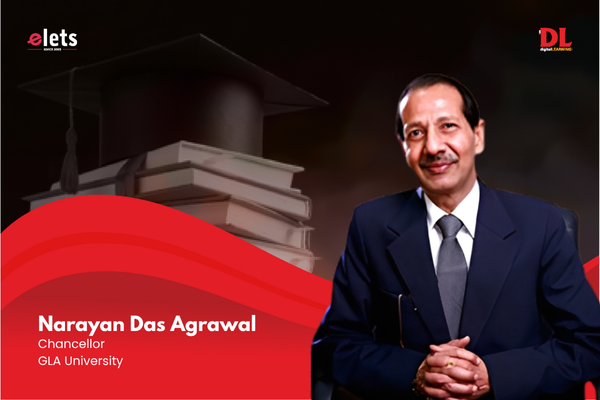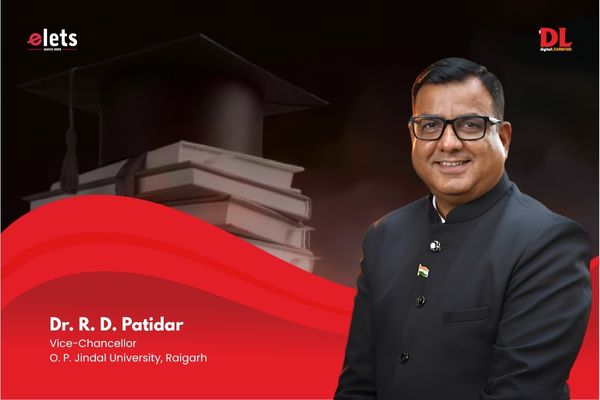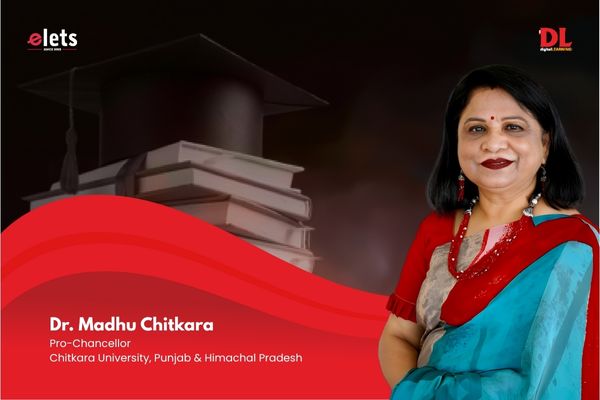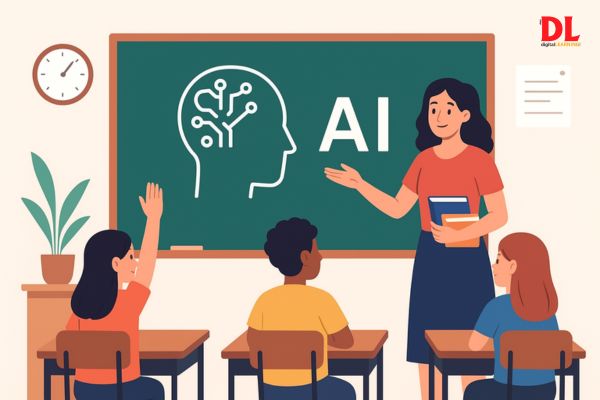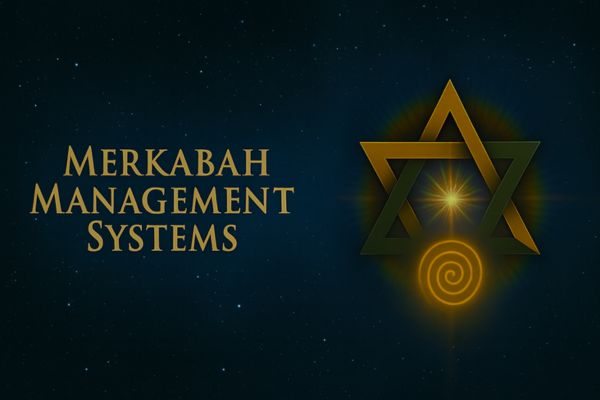With a multitude of institutes opening across the nation, choosing one that meets all the academic ambitions and also enhances career prospects can be a brainstorming problem. India today is on the brink of adopting Industry 4.0, where every second individual is a professional and there is automation in manufacturing everywhere. Education, at that point, becomes extremely important. One such institute that has been in the business of creating competent professionals is Sri Sai University in Palampur, established in 2010. The university provides access to high-quality education, cutting-edge research, and the development of new technologies in line with preparing successful professionals in various walks of life, Engineering & Technology, Basic & Applied Sciences, Management and Information Technology, Education, Law, Adventure Sports, and Pharmacy, with close interaction with industry. The University strives toward its aim of “Transforming Dreams into Reality” by developing professional competencies with flexibility, adaptability, and passion for learning.
Technology Giants at the University
SSU has joined hands with IBM to develop an advanced curriculum focusing on developing a critical understanding of Linear Algebra and Statistics, which are the foundations of AI and ML concepts. Harness the potential of AI-ML with new courses at Sri Sai University with IBM. B.Tech in Computer Science Engineering (CSE) with a specialisation in Artificial Intelligence and Machine Learning is a course featured by Sai School of Engineering, SSU, which helps students gain a practical understanding of various Artificial Intelligence (AI) and Machine Learning (ML) concepts. The major focus of the programme is to equip students with the ability to design intelligent solutions to real-time problems.
SSU has developed this course with the help of industry experts as its Advisory Board, comprising professionals working in Apple, Deloitte, and Google, keeping in mind the advancement and increased demand for AI and ML in today’s industries. This programme discusses artificial intelligence methods based on different fields like neural networks, signal processing, and data mining.
Beautiful – From Nature
Sri Sai University Palampur is a fascinating spot in the Kangra Valley, surrounded by tea gardens and pine forests. The University enjoys a healthy climate, and the pine-scented air is said to have curative properties. The scenery presents a sublime and beautiful contrast – the plain offers a picture of rural loveliness and repose, while the hills are majestic. Behind the University stand the high ranges of the Dhauladhar mountains, whose tops remain covered with snow for most of the year. The combination of all these makes SSU Palampur an escape from the hustle and bustle of city life and an ideal environment for study.
The Front Runner in Innovation
Sri Sai University has launched the first of its kind in India – the new Department of Mountaineering and Adventure Sports in Himachal Pradesh. The University is starting Certificate, Diploma, and Degree courses in Mountaineering and Adventure Sports embedded with regular courses, in sync with the National Education Policy (NEP) 2020. It is a pioneer project to promote Himachal Pradesh as the main Adventure Sports training area of international repute.
Philanthropic Workforce Behind SSU
With the blessings of Bhagwan Sri Sathya Sai Baba ji and under the dynamic leadership of Chancellor and Chairman Er. S.K. Punj and Managing Director Smt. Tripta Punj, the group of institutes was founded under the guidance of Late Shri Ram Iqbal Bhardwaj with a dream to provide world-class education in the areas where it was needed the most. The belief of the leaders is that education is the passport to the future, and at SSU, all efforts are made to achieve this goal in letter and spirit. The recently appointed Pro-Chancellor, Er. Kanwar Tushar Punj (Alumnus of the University of Leeds, UK) provides guidance to students and faculty members to follow the most innovative ways and means of imparting education, eventually bringing a sea change in the work culture of SSU, Palampur.
Also Read:- Purpose in Action, Innovation at Heart
Extra Mile
Addressing world problems with industry-ready courses and research-focused learning at SSU Palampur. The road to being featured in the world ranking starts with passionate, talented, and ambitious individuals who want to steer the education industry with their skills and hard work. SSU is making itself future-ready, entering the top rankings in global standards, creating centres of excellence, and forming global alliances and partnerships. In the next five years, Sri Sai University will be on the map.
NAAC (Another Feather to Our Cap)
It is a matter of great pride and honour that our University has been awarded the prestigious NAAC accreditation, which stands as a testament to our unwavering commitment towards maintaining the highest standards of quality in education, research, and overall institutional performance. This recognition not only adds another feather to our cap but also reinforces our dedication to fostering academic excellence, promoting innovation, and nurturing future-ready professionals who can contribute meaningfully to society.
Views expressed by Kanwar Tushar Punj, Pro Chancellor, Sri Sai University, Himachal Pradesh









